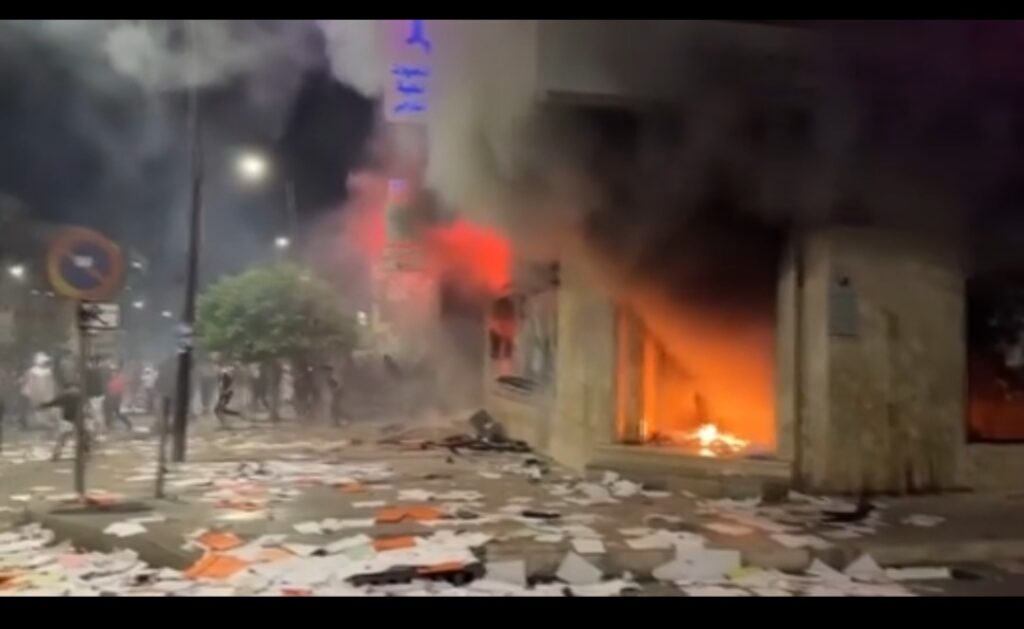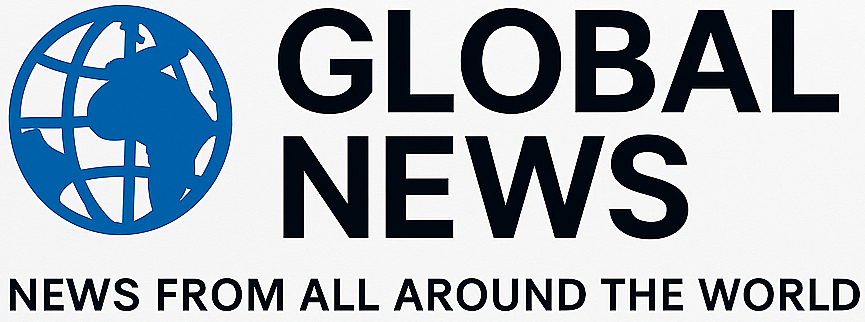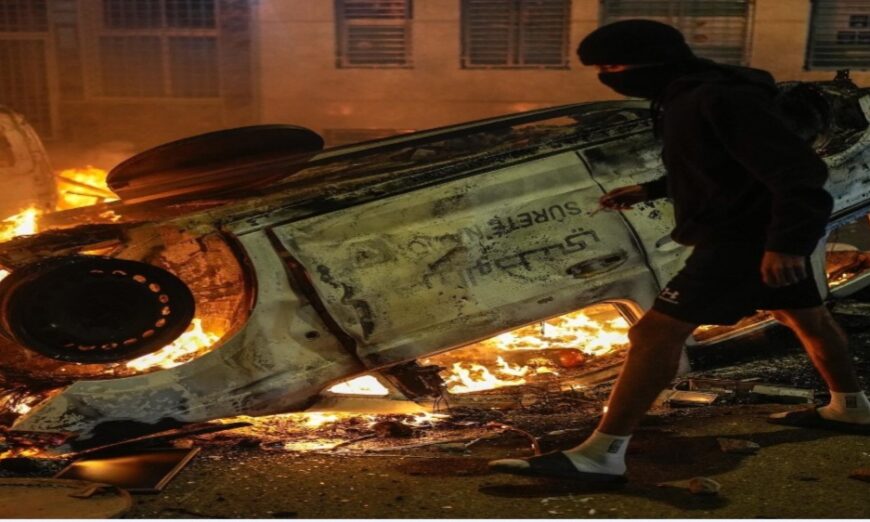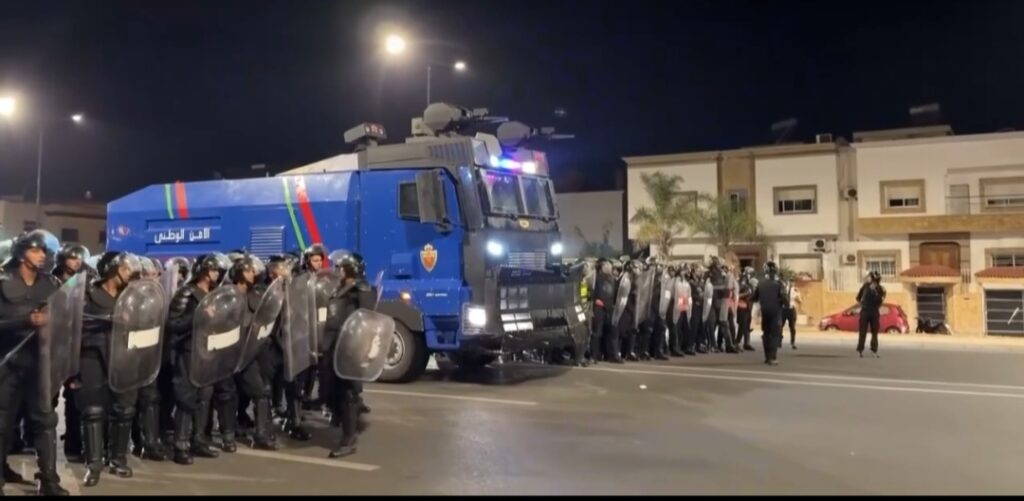
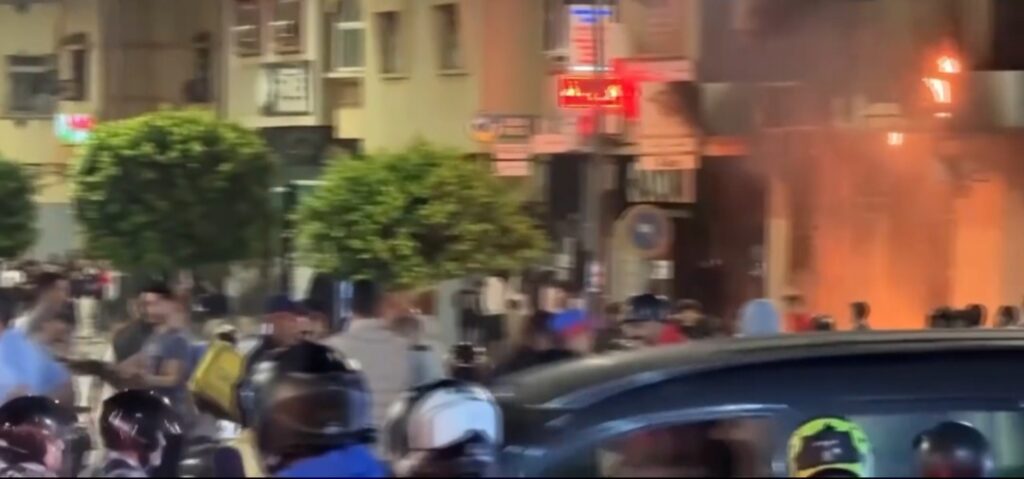
In Morocco, at least two people have been killed after police opened fire to prevent protesters from storming a police station in Lqliaa, near the coastal city of Agadir, state media says.
These are the first deaths reported since huge youth-led Gen Z protests broke out across the country on Saturday as anger grew over the government’s decision to build football stadiums for the 2030 Fifa World Cup rather than improving public services and tackling the economic crisis.
Organisers of the youth-led protest movement known as GenZ 212 – the number refers to Morocco’s international dialling code have distanced themselves from the violence. They have been rallying mainly through social media, and do not have a formal leadership structure.
Protests have also hit the capital Rabat, the main commercial city Casablanca, tourist hub Marrakech, and the port city of Tangier, often the arrival point for tourists going to Morocco by ferry from Spain. Interior ministry spokesman Rachid El Khalfi said that 409 people have been detained across Morocco following the unrest.
More than 260 police officers and 20 protesters have been injured, while 40 police vehicles and 20 private cars have been torched. The uprising follows similar youth-led, large scale demonstrations this summer in Nepal, Indonesia, the Philippines and Madagascar.
Two people were shot dead when police opened fire on a crowd attempting to storm a police station in southern Morocco on Wednesday, state media said, as nationwide protests, fuelled by anger over corruption and inequality, entered their fifth day.
Demonstrations have convulsed Morocco for several days, urged on by the Gen Z 212 group, a recently formed collective based on the Discord web platform whose organisers remain unknown.
Morocco’s interior ministry said on Wednesday that more than 400 people had been arrested and nearly 300 injured during rallies demanding reforms to the public health and education sectors.
Later that evening, a group tried to “storm” a police station in Lqliaa, near the coastal city of Agadir, the government-owned MAP news agency reported, citing local officials.
Officers “were forced to use their service weapons, in legitimate self-defence, to repel (the) attack”, which aimed to “seize ammunition, equipment and service weapons”, MAP quoted the unnamed officials as saying.
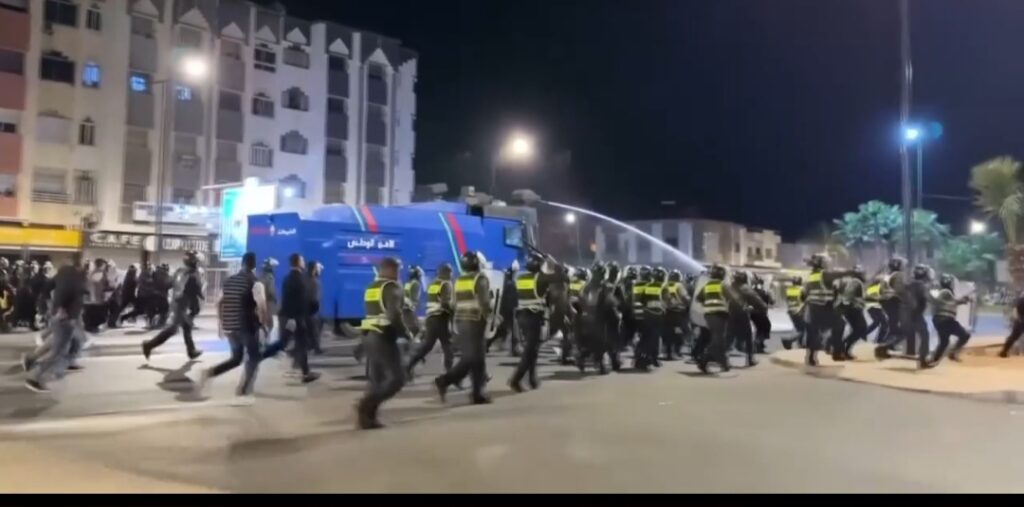
The officials said police beat back an initial attack, but the group came at them again, wielding “bladed weapons”, MAP reported.
“During this attempt, two people died from gunshot wounds, while others were injured during their participation in the attack,” the officials said.
A judicial investigation into the incident has been opened, MAP reported.
Hundreds of protesters gathered on Wednesday in several Moroccan cities, including Casablanca, Tangier and Tetouan.
The rallies were taking place with official authorisation for the first time since their outbreak on Saturday.
Demonstrators called for “the fall of corruption” as well as “freedom, dignity and social justice”, and some demanded that Prime Minister Aziz Akhannouch step down.
Many, though not all, of the protests have been peaceful.
An AFP journalist in Salé, a city near the capital Rabat, witnessed hooded individuals setting fire to police cars and a bank branch.
Local media also reported incidents of vandalism in Sidi Bibi near Agadir, and in small towns that Gen Z 212 had not designated as protest sites.
On Tuesday, unauthorised protests turned violent in cities including Oujda and Inezgane.
Ministry spokesman Rachid El Khalfi said the clashes involved protesters using knives, Molotov cocktails and stones.
A total of 263 police officers were wounded to varying degrees, along with 23 protesters, including one hospitalised in Oujda.
El Khalfi said 409 people were detained following the unrest, during which more than 140 police vehicles and 20 private cars were set ablaze.
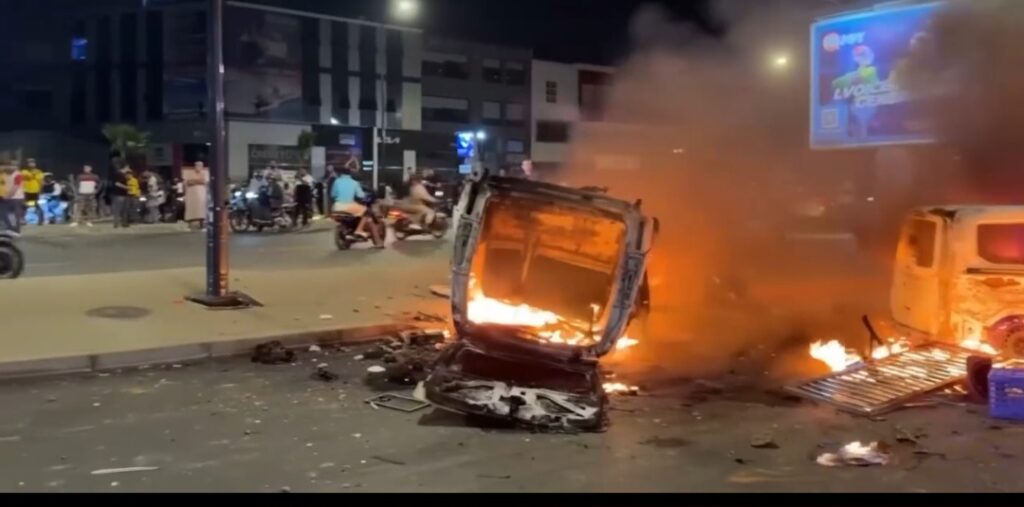
“Protesters also stormed government offices, bank branches and shops, looting and vandalising them,” especially in Inezgane and Oujda, he said.
AFP footage showed tense confrontations lasting several hours along a main avenue in Inezgane.
In Rabat, prosecutors decided on Wednesday that a group of 97 people, including three in detention, would face trial, according to their lawyer, Souad Brahma. Another 26 people were released without charge, she said.
Prosecutors had already said an initial group of 37 people, including three in detention, would face trial on Tuesday, Brahma added.
Gen Z 212, which expressed “regret” over Tuesday’s violence, describes itself as a “discussion space” focused on issues affecting all citizens, such as health, education and fighting corruption.
Social inequality remains a major issue in Morocco, with sharp regional disparities and a significant gap between the public and private sectors.
